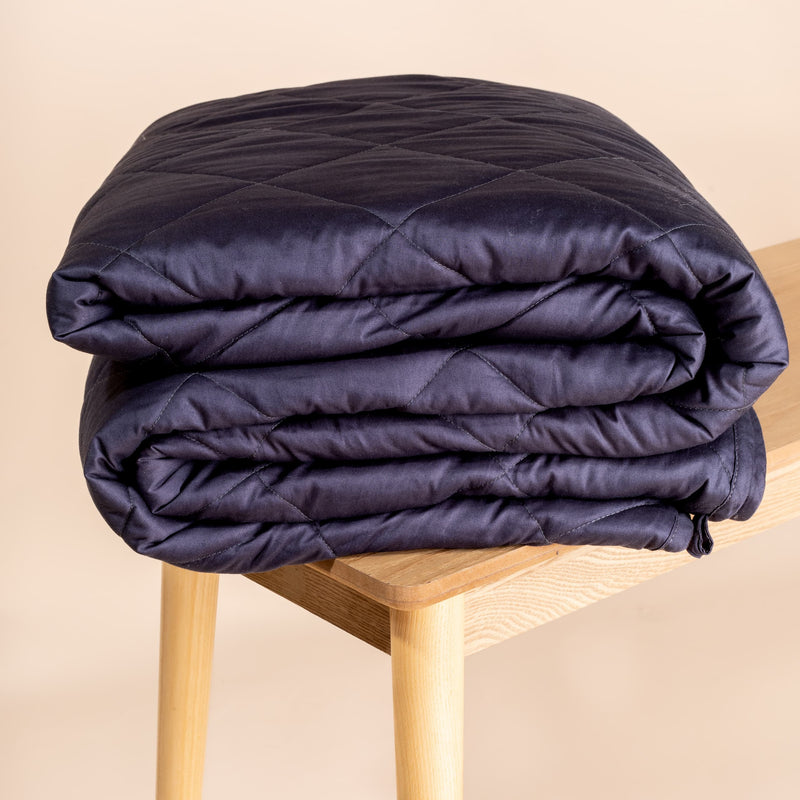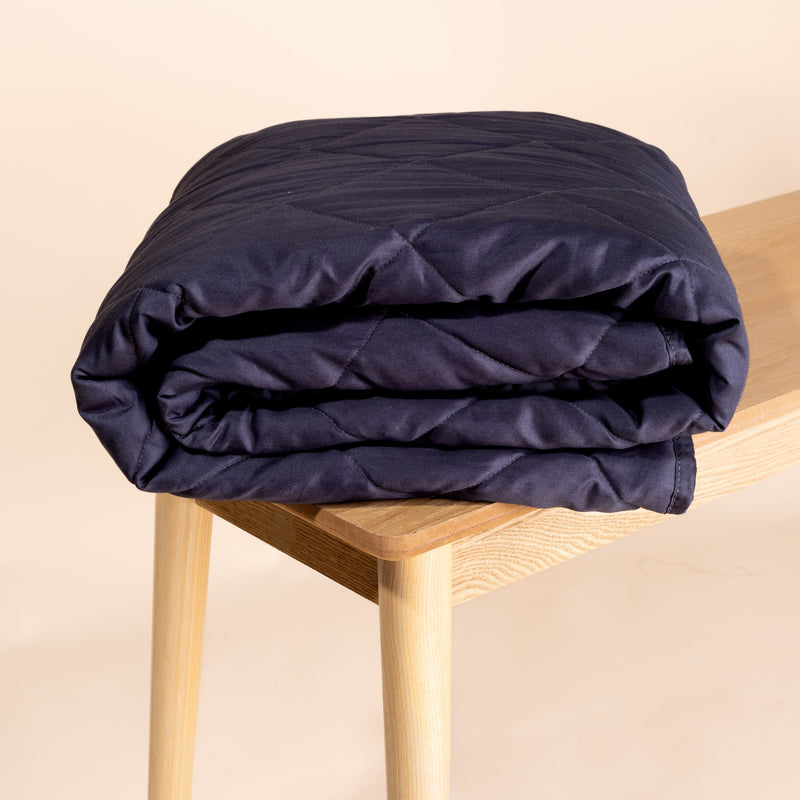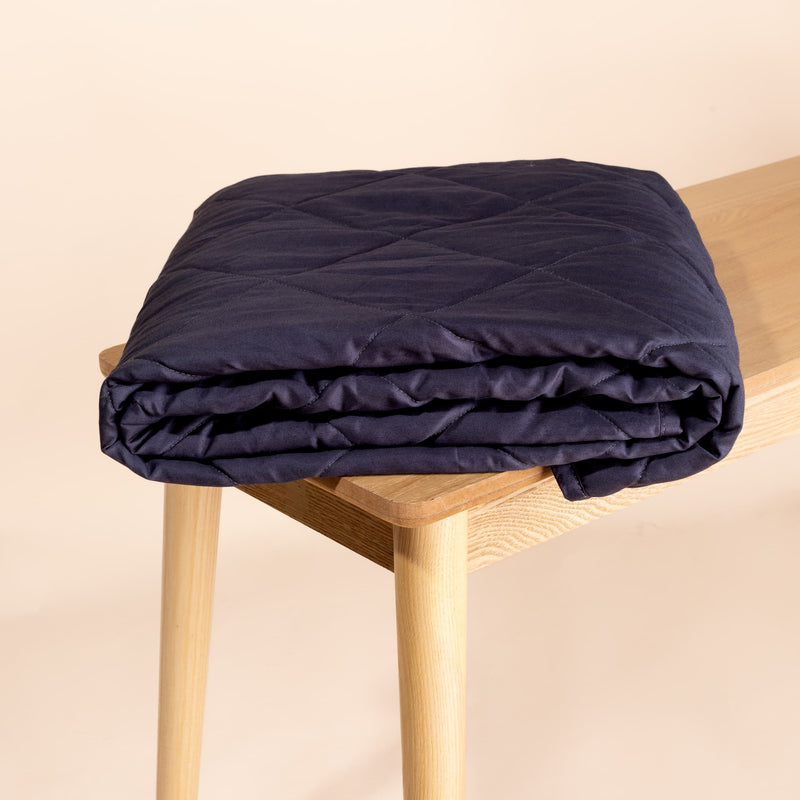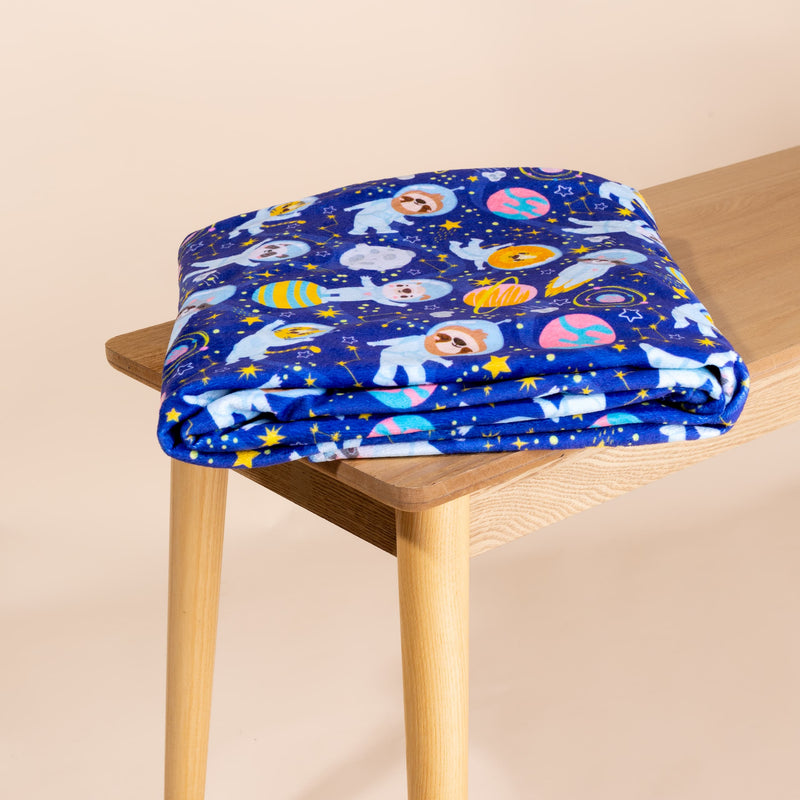Geweldig! Snel verzonden, goed verpakt en de eerste nacht gelijk al beter, en vooral dieper, geslapen. Vind het een heel fijn en ontspannen gevoel!
Fijn om te horen dat je enthousiast bent, Marije! Dank voor je review.
Sinds enkele maanden slaap ik onder deze verzwaringsdeken van Novaline. Ik heb vaak moeite met doorslapen (vaak kort wakker en draaien), dat is sinds ik deze verzwaringsdeken gebruik veel minder. Mijn Whoop bevestigt wat ik ervaar: ik zie een afname in tijd dat ik wakker lig en een toename van mijn diepe slaap en REM slaap. Ik zou deze verzwaringsdeken zeker aanraden!
Hi Stijn,
Dank voor je mooie review en fijn dat de deken je zo veel brengt! Interessant ook dat je Whoop dit bevestigt, ik hoor vaker van mensen met sport/slaap trackers dat dit een positieve invloed heeft. Daar zou ik eens een artikel over moeten schrijven... Misschien dat ik je daar nog eens een mail over stuur als je dat goed vind!
- Koen













